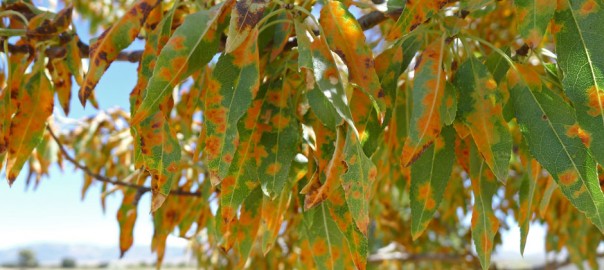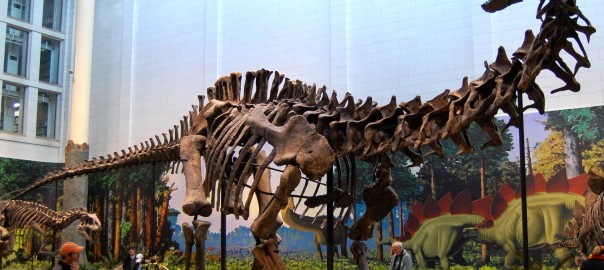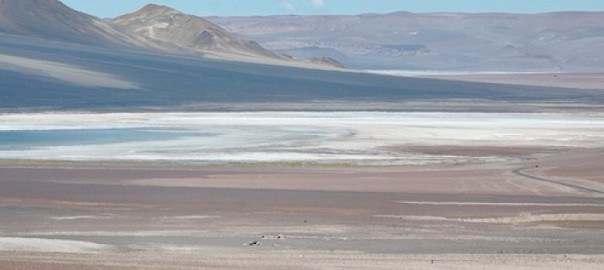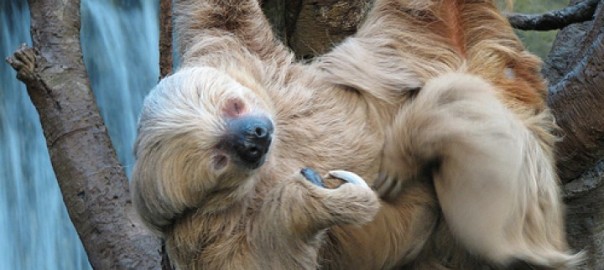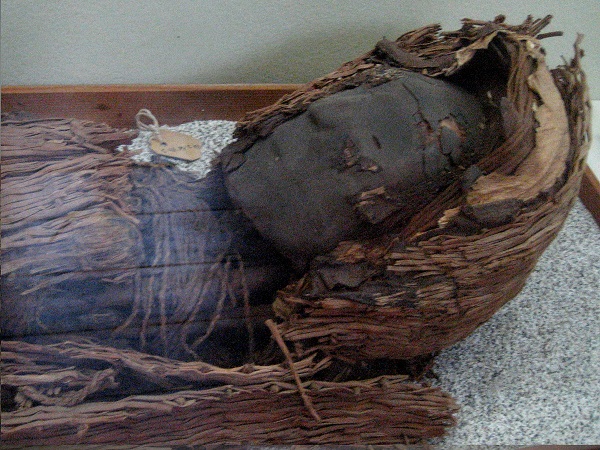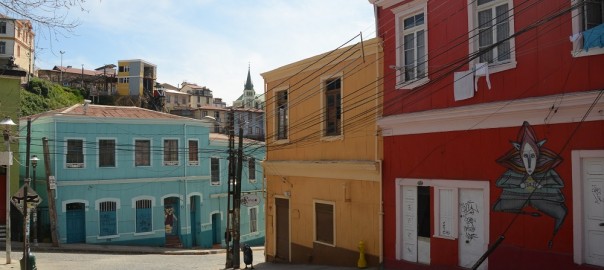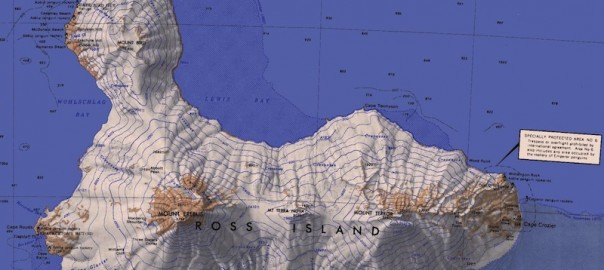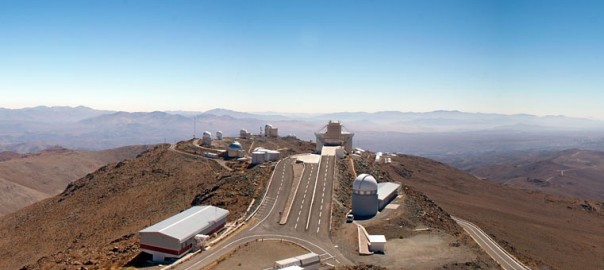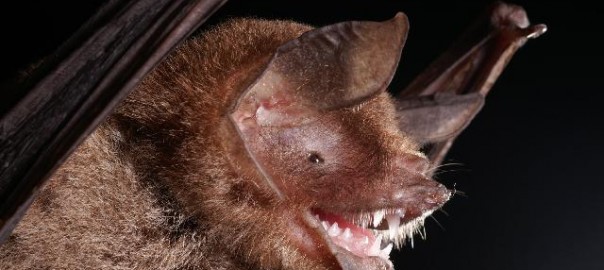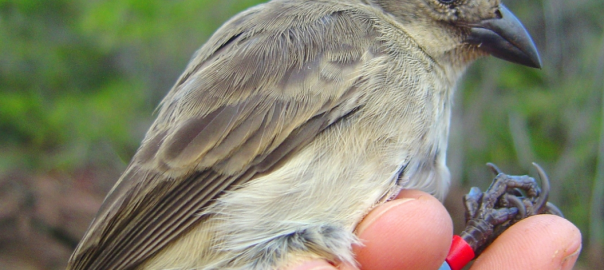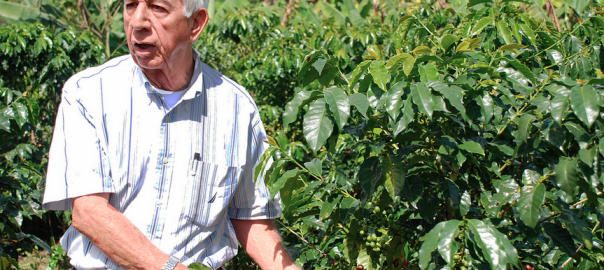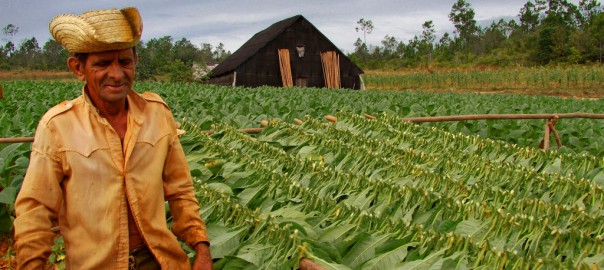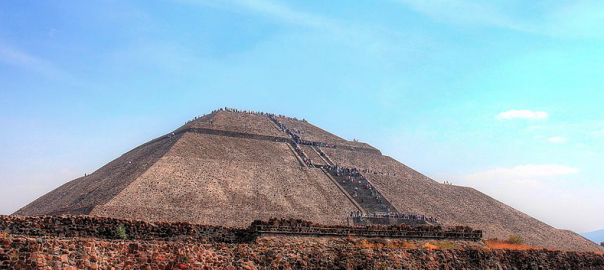An ichthyosaur cementery found in Chile, the aerodynamic ‘Brazuca’ World Cup ball, and Mexico’s huge new aquarium
Chile Paleontologists in southern Chile have discovered an ichthyosaur cemetery with at least 46 complete ichthyosaurs. Ichthyosaurs are marine reptiles that disappeared 99 million years ago. One of the fossils contained two embryos. Brazil Studies suggest that the World Cup ‘Brazuca’ ball’s aerodynamics will allow players to pass faster and kick the ball more accurately. … Continue reading An ichthyosaur cementery found in Chile, the aerodynamic ‘Brazuca’ World Cup ball, and Mexico’s huge new aquarium


